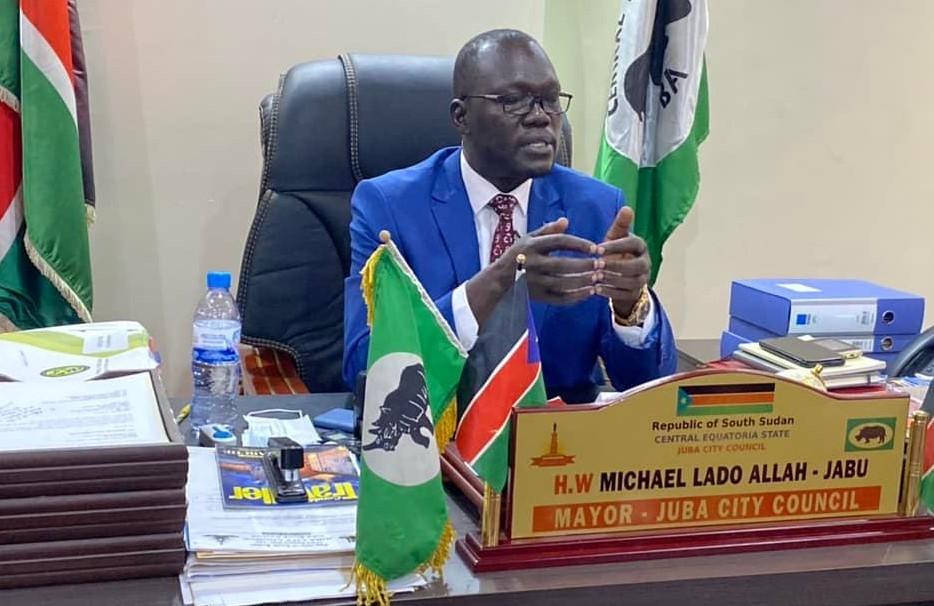Africa-Press – South-Sudan. Juba residents will have to work twice as hard to foot their rent bills if the new tax plan being worked on by the City Council is finally implemented.
The Juba City Council announced yesterday that they plan to widen their tax bracket.
Among those targeted in the new tax base are property and land owners.
Michael Allah-Jabu, the city mayor, said they will introduce a ‘pay town rate” on all properties, whether commercial or residential, as the council now casts its net wide in a new fishing expedition targeting those outside the normal tax bracket.
The tax will target property owners and be collected “door-to-door”, Allah Jabu said yesterday.
He said the decision was reached after the council realized that there was a low revenue stream coming from the daily collection by the Juba City Council.
“Town rate taxes (household taxes) are for all residents of Juba,” said the mayor, adding that no one will be exempt from paying town rate taxes.
“The taxes are for service delivery in the city. The town rate is part of the rent for the land that people are staying in and the city council will produce a demand note soon,” added Allah-Jabu.
The mayor, however, did not reveal when or how the money will be collected, and neither did he say how much it will cost you to maintain your property in Juba.
With the tax targeting property owners, landlords will simply transfer the cost to the end consumer—the tenant. This will definitely drive the rent through the roof, even as the city struggles with housing challenges.
But Allah-Jabu argues that the tax is for the benefit of the country, more specifically, Juba, the capital city of the world’s youngest nation.
“Munuki has a high population in Juba City but low revenue tax collection. People don’t pay taxes in the Munuki block, yet they need development in the city,” he observed during his tour of the city.
Allah Jabu added that the town rate taxes will be used to facilitate service delivery, such as infrastructure, the building of schools, and providing clean water to residents.
According to the mayor, one of the challenges affecting the city is a lack of funding from the national government for the development of the capital.
He added that the Juba council is depending on the revenue they collect from the three-quarters councils – Juba Quarter Council, Munuki, and Kator for the service delivery to the people in the city.
He urged the residents to pay taxes so as to receive better services.
Last month, the commissioner of the National Revenue Authority (NRA), Patrick Mugoya, said Munuki was the least in terms of revenue collection in South Sudan.
“We managed to collect 124 billion pounds, yet the government has tasked the national revenue authority to collect at least 117.2 billion pounds for 12 months,” Mugoya.
Source: The City Review South Sudan
For More News And Analysis About South-Sudan Follow Africa-Press






